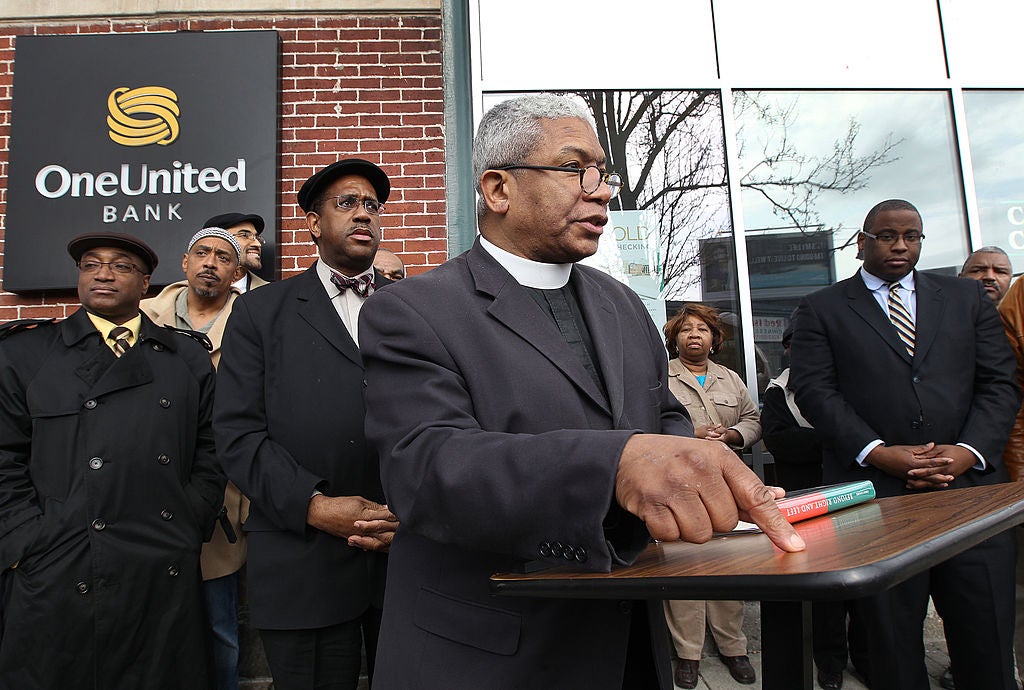
A successful, Black-owned non-profit is doing their part to grow wealth in the African-American community.
The BMe Community is a national network of Black men dedicated to strengthening Black communities throughout the country through substantial investments and they recently made the decision to redirect $1 million in deposits to One United Bank. One United is currently the largest Black-owned financial institution in America and BMe CEO Trabian Shorters says it’s important that their organization lead by example while continuing to encourage others to do the same.
Black Single Mother Creates A Line Of School Supplies Celebrating African-American Culture
“Our network is in six cities. We have 165 BMe leaders that we’ve funded,” Shorters told The Root. “Their work helps about half a million people every year, and it occurred to me that if we want other folks to invest in our communities, then we should lead by example.”
One United President and COO Teri Williams is also hopeful that BMe’s gesture will encourage more Black people to move their money and continue stimulating economic growth within their communities. “I think this #BankBlack movement is about more than us moving our money; it is about us moving our minds or just sort of opening up our minds to appreciating the power of our $1.2 trillion in spending power,” Williams says. “And for us to start connecting with each other and using our money in a more purposeful way.”
Shorters also hopes to broaden the conversation past just investing to also focus on the many mutual benefits of Black people supporting the Black-owned banks in their communities, including the increase of financial literacy within the culture. “So much of the conversation around black people is as if by birth we’re not creditworthy, we’re not financial,” Shorters says.
WANT MORE FROM ESSENCE? Subscribe to our daily newsletter for the latest in hair, beauty, style and celebrity news
“There’s this myth that black people are not financial, so I think a lot of people avoid black banks, or they are afraid of black banks, or they don’t even think about black banks, so they just don’t connect the dots that the black bank is the one that is most likely to loan in your community; it’s the one that is most likely to provide some sort of literacy programs for financial education,” Shorters adds. “We don’t think about that for some reason, so those banks tend to be undercapitalized, and there’s just no reason that we can’t change that narrative.”
